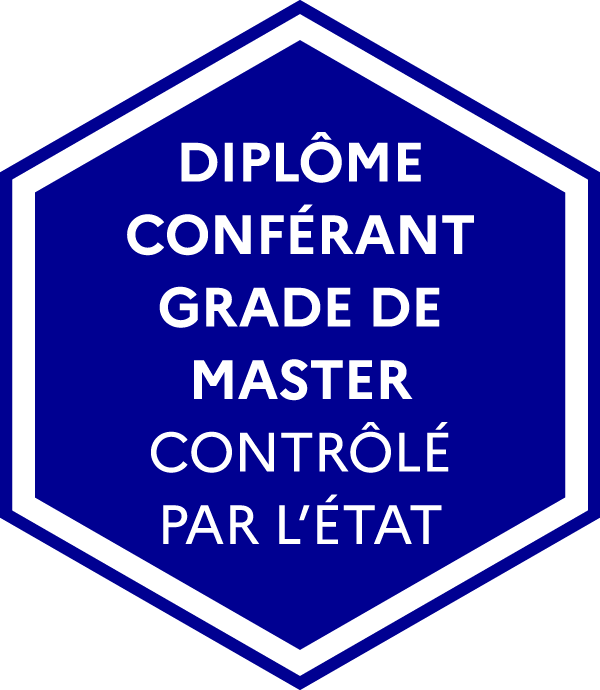Number of hours
- Lectures 8
ECTS
ECTS 0,75
Goal(s)
Manuel Barragan manuel.barragan@imag.fr
Content(s)
This teaching module is structured into 4 units:
- Unit 1: Introduction to RF production testing
1.1 What is test? Characterization vs. verification vs. production testing
1.2 IC testing methodology, objectives, challenges
1.3 Modeling the cost of test
- Unit 2: Current industrial practice for RF testing
2.1 Testing RF stand-alone ICs: basic measurements (e. g. power, noise, gain, linearity, S-parameters) for low noise amplifiers, mixers, power amplifiers, etc.
2.2 Testing RF transceivers: receiver and transmitter tests
- Unit 3: Advanced test techniques
3.1 Design for Test (DfT) solutions
3.2 Built-In Self-Test (BIST) solutions
3.3 Practical case studies: loopback test, RF power detectors, envelope detectors, current sensors, non-intrusive process monitors, temperature sensors, etc.
-Unit 4: State-of-the-art research papers reading and discussion
The exam is given in english only
1 written exam, 1 hour
Final mark= 1 (exam)
Lecture is given in English only.
Prerequisite:
- Basic calculus and signal processing (FFT, etc.)
- Basic circuit theory
- Basic analog and RF design
Keith B. Schaub and Joe Kelly, Production testing for RF and System on Chip devices for wireless communications, Artech House Microwave library, 2004.
Joe Kelly and Michael Engelhardt, Advanced production testing of RF, SoC, and SiP devices, Artech House, 2007
Behzad Razavi, RF Microelectronics, Prentice Hall 1998
M. Burns and G. W. Roberts, An Introduction to Mixed-Signal IC Test and Measurement. Oxford University Press, 2nd ed., 2011.
French State controlled Master's degree




